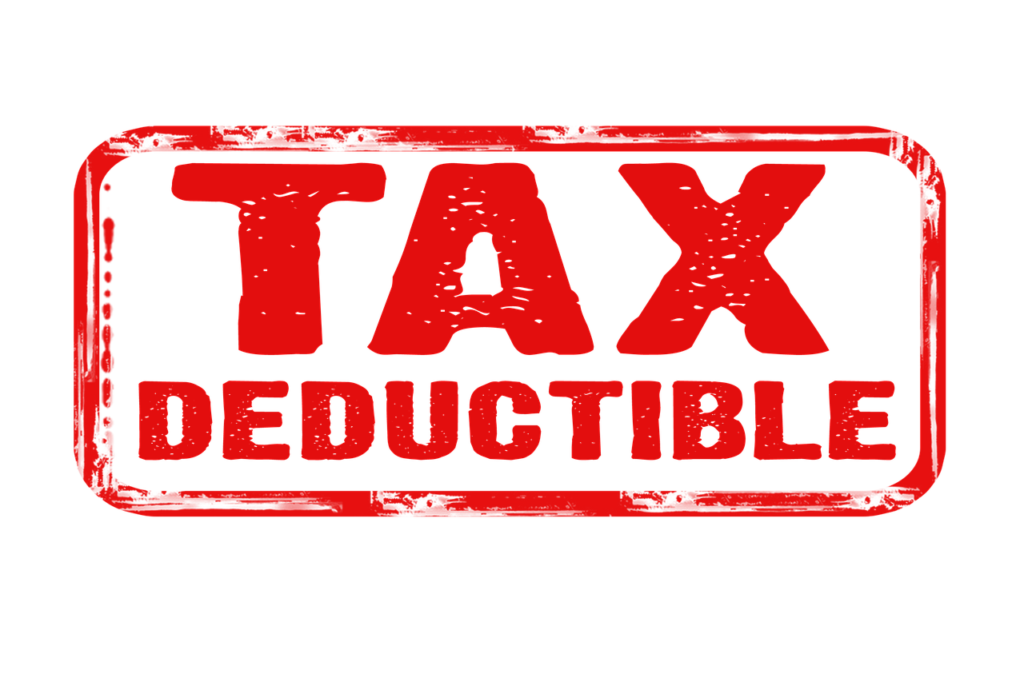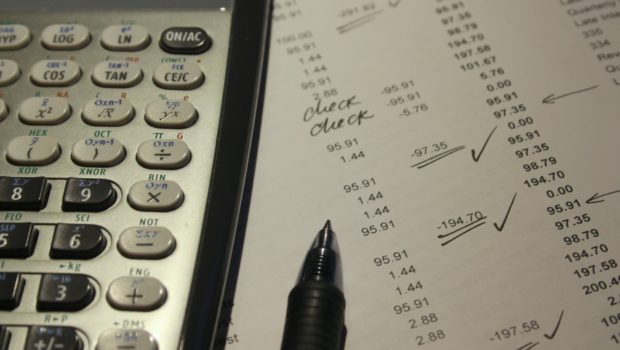Guide to insurance premiums and deductibles
If you ever purchased an insurance policy, you must have heard words like premiums and deductibles being thrown around. These are common words when talking about insurance, but oftentimes people do not know what these terms mean.
An insurance premium is the amount of money that you have to pay to your insurance company every month. It is a pre-decided amount and depends on various factors. A deductible is the amount of money that you have to pay out of your pocket after making a claim before your insurance company steps in. It means that the insurance company deducts that amount from your claim. You can also contact insurance adjuster companies to get 100% of your claim value.
So, how are premiums and deductibles related? The answer to this is simple; they have an inverse relationship with each other. The higher your deductible, the lower will be your premiums.
How does a deductible work?
It is important to understand how a deductible works so that you are prepared when you make an insurance claim. A deductible is a pre-decided amount of money that is paid out-of-pocket. But how does it work?
For instance, consider that you have a car insurance policy with a deductible of $500. You get into a minor car accident and need to make a claim with your insurance company. Let’s say your company agrees to provide a claim of $3000. You will have to pay the deductible of $500 from your pocket, while your insurance will cover the rest of the $2500.
What are the types of deductible?
Basically, there are 2 main types of deductibles. The dollar amount and percentage amount.
Dollar amount: It refers to a deductible that has a set dollar amount. You know how much your deductible value will be on each claim. Like in the example above, $500 is a dollar amount.
Percentage amount: This type of deductible usually applies to a building’s insurance. In this type, a percentage deductible limit is set between 1% and 5% based on the value of the insured property. For instance, if the percentage deductible is 4%, and the total value of the insured property is $400,000. You will have to pay $16,000 as deductible.
There are also other types, like an annual deductible meaning you have to pay a set deductible amount once a year. Or a per episode deductible meaning you have to pay a deductible on every claim you make.
What is a Minimum Deductible?
As the name suggests, minimum deductible is the minimum amount that you can set as a deductible. Each insurance company has its own minimum deductible values. You can choose any amount as deductible, above that value but not below it.
When buying any type of insurance, you should keep searching for an insurer that has a minimum deductible that suits you. As an approximate value, most car insurers have a minimum deductible of around $200.

What are the various costs for different deductibles?
Different deductibles can have different costs. You need to see if you can afford to have a higher deductible. Calculate your savings and see how much time will be required to recover the money lost in paying a deductible.
If you can recover that money easily based on your monthly savings, you can opt for a higher deductible. If not, then it is safer to go with the lower deductible. As you buy an insurance policy, you should start saving up for the deductible. You never know when you might need it.
How can deductibles save you money?
If you can afford to go for a higher deductible, you should do so. Because it can help you save money in the long run (like for retirement). A higher deductible means you pay lower monthly premiums. But it also means that you can save some extra cash.
If you do not make an insurance claim for a few years while having a high deductible, you can save quite a lot of money with cheaper premiums. In this case, if you do claim the money after a few years, you will have enough saved up to use as deductible and more.
What does your emergency fund look like?
Before buying insurance and deciding on a deductible, you should take a look at your emergency fund. A higher deductible sounds amazing in terms of saving extra cash from lower premiums. But the same higher deductible can be a strain on your finances when you make a claim.
This can happen if you do not have enough money in your emergency fund to pay off the deductible when you make an insurance claim. If you get into a car accident and are unable to pay the deductible, then your insurance will be of no use. In order to avoid this frustrating situation, select a deductible that you can easily pay.
What is an Insurance Limit?
Your premium also depends on your insurance limit. The maximum amount of money that your insurer can pay you in case of a claim, is known as insurance limit. If you choose a policy with a high insurance limit, your monthly premiums will probably be high as well. So, before choosing a high coverage insurance policy, make sure you can afford to pay its premiums.
Find the right insurance for your needs
There are many types of insurance policies as well as many insurance companies to choose from. You should consider your savings (that you are willing to spend on insurance) and the monthly premiums you can afford to pay. Whether you want to get car insurance, life insurance, health insurance, or any other type of insurance, the basics remain the same. So choose a policy very wisely.
If you want to make the best decision, you can even take help from an insurance agent. He will be able to guide you and answer all your queries. He will also be able to help you choose the best policy based on your savings and required coverage.
Conclusion
If you ever think about how you can make your car insurance cheaper, never think of lower premiums as an answer immediately. Because choosing an insurance policy is far more complex than that. It all varies from person to person.
For one person, buying insurance with a higher deductible might be the answer to this question. Because they can afford to pay the deductible and can save money by paying cheaper premiums. But for someone who does not have the deductible money saved, a higher deductible can cause a lot of frustration at the time of claim.









![5 Great Facts on Google [Infographic]](https://technofaq.org/wp-content/uploads/2017/05/Google-Infographic-150x150.png)






